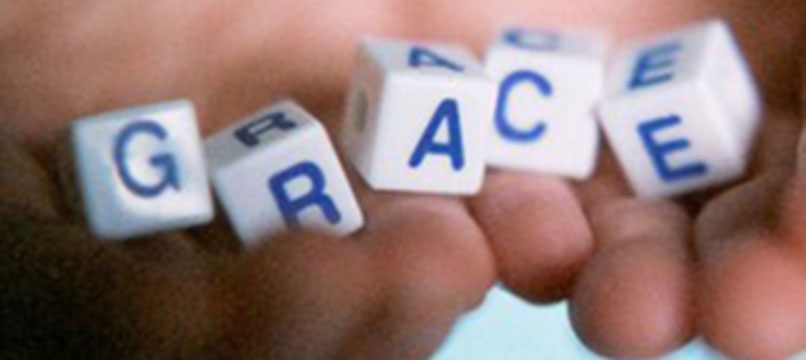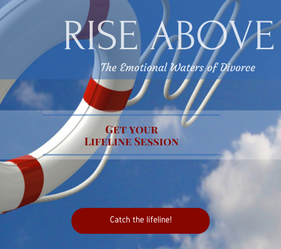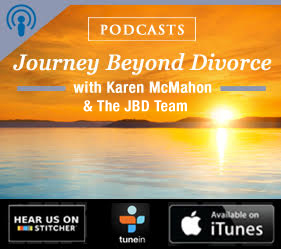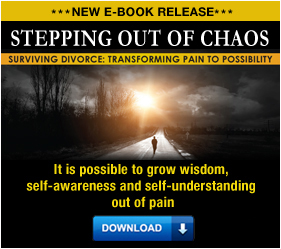By Karen McMahon What is the difference between reacting and responding? The most important difference is the control you have over your emotions. When we react, it is an emotional knee-jerk snap. It is usually as a result of someone ‘pushing our buttons’. We can go from 0 to 100 in seconds. It is sometimes […]
When I was getting divorced, I was encouraged to shift my attention, to create a broader perspective. Suddenly I could see angels placed in my path, gifts left on my proverbial doorstep; opportunities for growth and a new beginning. What would you see if you broadened your field of vision?
There are actually four main ways in which we look at the world through a lens of fear. Our emotional angst is always born of our fear perspective. Whenever we are in angst, it is like an energy drag, pulling at our emotions and stifling our actions.
We are a result-driven society; an instant gratification culture. If we cannot add hot water and stir, zap it in the microwave, search it up in 15 seconds, or communicate it in 160 characters, we have NO time and No patience for it...
By Karen McMahon “Worrying is like a rocking chair, it gives you something to do, but it gets you nowhere.” ~ Glenn Turner Worry has to be one of the most common mental activities of all humans yet it is also the most unproductive. When troubles concern us, what can we do to take […]
Our greatest struggles bring out the best and the worst of our character. Divorce, being one of the most difficult conflict-ridden seasons of our lives, gives us ample opportunity to decide who we choose to be. We have the choice to cultivate the best or the worst of our character....
What is the value in forgiving someone? Do we forgive for their sake or for ours? What cost do we pay for unforgiveness? If we forgive does that mean we must accept their behavior or trust them again?
Perhaps the best way to approach forgiveness is to look at the affects of unforgiveness. If someone wrongs you and you do not forgive them, what happens? Who suffers?
Don’t make assumptions. We often react to our perception of our loved one’s actions or words and completely misinterpret their meaning. For instance, “If he loved me, he would..." Stop and question your interpretations.
By always being authentic, you act and react in your most natural way. When we are our genuine selves all the time, we learn more quickly who is and is not a good fit for us...













